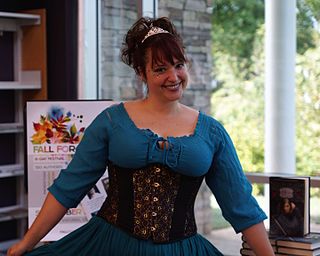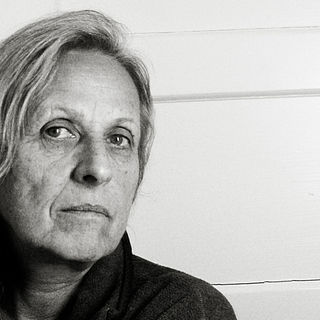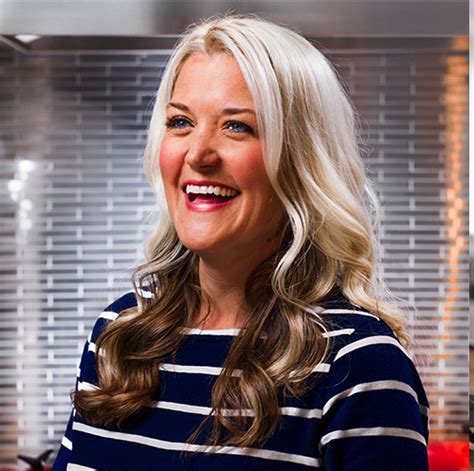A Quote by Frederick Buechner
... the world can give you these glimpses as well as fairy tales can--the smell of rain, the dazzle of sun on white clapboard with the shadows of ferns and wash on the line, the wildness of a winter storm when in the house the flame of a candle doesn't even flicker.
Related Quotes
Here and there and not just in books we catch glimpses of a world of once upon a time and they lived happily ever after, of a world where there is a wizard to give courage and a heart, an angel with a white stone that has written on it our true and secret name, and it is so easy to dismiss it all that it is hardly worth bothering to do. ... But if the world of the fairy tale and our glimpses of it here and there are only a dream, they are one of the most haunting and powerful dreams that the world has ever dreamed.
As a relentless gatherer of moments, I find that my favorite images, although grounded in the present, are like spirits shaped by memories. They whisper of fairy tales, poetry, and other lives, as each gesture connects with another and raises yet another from the dead. Shadows flicker on film to an inner melody as I navigate, camera at hand and at the speed of light, through unimaginable worlds - desperately trying to make sense of the joy and suffering before it all disappears.
[Fairy tales] are like a journey to the woods and the many ways you can get lost. Some people say it's not a good idea to read fairy tales to anyone under the age of eight because they are brutal and raw. When I was a kid I often felt that kids's books were speaking down to me, but I never felt that way about fairy tales. They are bloody and scary, but so is life.
Fairy tales have always been about getting through the worst of everything, the darkest and the deepest and the bloodiest of events. They are about surviving, and what you look like when you emerge from the trial. The reason we keep telling fairy tales over and over, that we need to keep telling them, is that the trials change. So the stories change too, and the heroines and villains and magical objects, to keep them true. Fairy tales are the closets where the world keeps its skeletons.
The children know all about everything so well that it never occurs to them to play at the situations in any one of these tales, or even to read it twice over. But let them have tales of the imagination, scenes laid in other lands and other times, heroic adventures, hairbreadth escapes, delicious fairy tales in which they are never roughly pulled up by the impossible —even where all is impossible, and they know it, and yet believe.
Use what you have, use what the world gives you. Use the first day of fall: bright flame before winter's deadness; harvest; orange, gold, amber; cool nights and the smell of fire. Our tree-lined streets are set ablaze, our kitchens filled with the smells of nostalgia: apples bubbling into sauce, roasting squash, cinnamon, nutmeg, cider, warmth itself. The leaves as they spark into wild color just before they die are the world's oldest performance art, and everything we see is celebrating one last violently hued hurrah before the black and white silence of winter.
But we still find the world astounding, we can't get enough of it; even as it shrivels, even as its many lights flicker and are extinguished (the tigers, the leopard frogs, the plunging dolphin flukes), flicker and are extinguished, by us, by us, we gaze and gaze. Where do you draw the line, between love and greed? We never did know, we always wanted more. We want to take it all in, for one last time, we want to eat the world with our eyes.





































